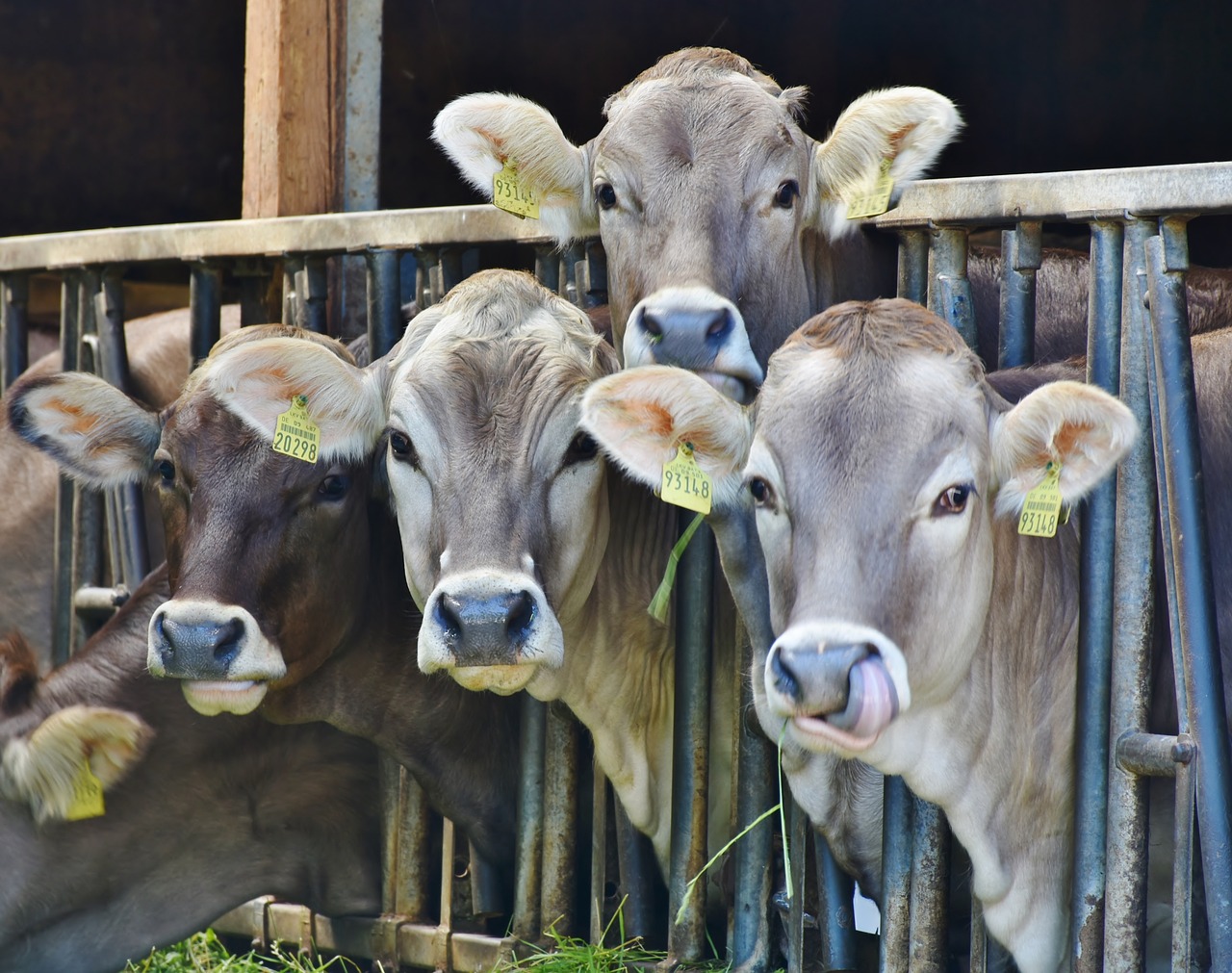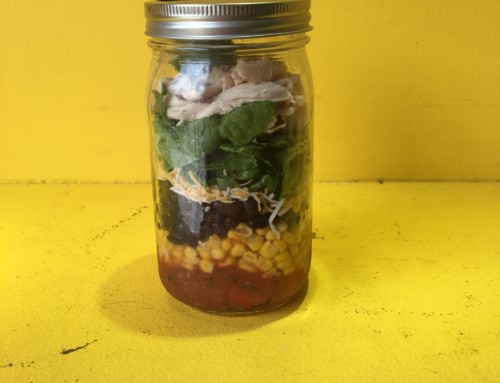I had the most amazing experience this past weekend! As a guest of Dairy Max at the Culinary Institute of America in San Antonio, I spent two days hearing the latest science and had a blast experiencing hands-on cooking in the CIA kitchen. Today I am excited to share some of what I learned with you!
One of the questions I hear often from patients is if they ‘should’ avoid dairy. Many have experienced occasional stomach upset and have perhaps mistakenly associated their discomfort with lactose intolerance. While it may be true that large amounts of dairy on an otherwise empty stomach may result in some sensitivity and GI upset, research shows that combining dairy with other foods – such as cereal with milk can slow the absorption of dairy avoiding stomach upset.
The nutritional benefits of dairy are too important to eliminate – even for those who are sensitive to lactose. To include sources of dairy that naturally contain a very low amount of lactose, I have attached a resource for you listing dairy products with the amount of lactose they contain.
One of my favorite pieces of research was compiled by the Dairy Research Institute from over 40 recent studies on healthy aging (probably because of my age)!! Click here to see the full report.
A general summary of the report states: Age-related changes in physiology, lifestyle, and health can increase older adults’ needs for several nutrients such as calcium and vitamin D compared to younger adults. Also, the nutritional status of older adults can be adversely affected by many factors that accompany the aging process.
With aging, there is increased incidence of muscle and bone loss, which can increase the risk of sarcopenia and osteoporosis, respectively, leading to loss of independence, risk of falls, and decreased quality of life. Accumulating scientific evidence suggests that, in addition to resistance exercise, moderately increasing protein intake may lead to better muscle and bone health in older adults. High-quality dairy proteins such as whey protein, which is a rich source of the amino acid leucine, have been shown to stimulate muscle protein synthesis in older adults. Consuming 25 to 30 g of high quality protein at each meal throughout the day – breakfast, lunch, and dinner – is suggested by some experts to build a higher protein diet and optimize muscle protein synthesis, which may slow age-related muscle loss.
Low protein intake is associated with loss of bone mineral density, whereas increased protein intake has been positively associated with bone health in older adults. There is little evidence to indicate that higher protein intake increases bone loss, especially when calcium intake is adequate. To sum things up, consuming a nutritionally balanced diet including foods providing high-quality protein such as milk, cheese, and yogurt, can help meet older adults’ protein needs, as well as provide many other essential nutrients important for healthy aging.
I was inspired this week to create a quick and healthy dessert using dairy for the holiday season; Fresh Fruit Salad with Honey Vanilla Yogurt. Enjoy!







Leave A Comment